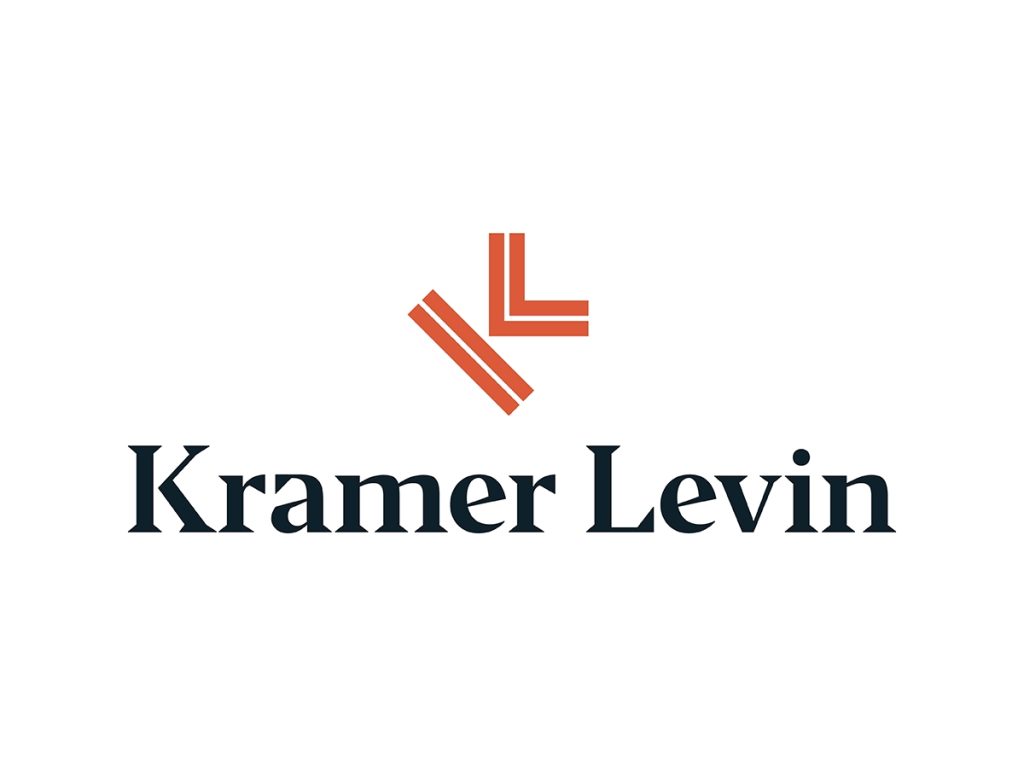
The Evolution of AI Oversight in Corporate Governance
In the rapidly changing business environment, the introduction of artificial intelligence (AI) brings both substantial opportunities and significant risks. Boards of directors face the challenge of ensuring that their organizations effectively manage AI’s implications while aligning its usage with corporate objectives.
AI affects a multitude of sectors—finance, marketing, compliance, and even operations. The board has the duty to guarantee that the deployment of AI technologies aligns with the company’s strategic goals. Furthermore, they must oversee that the inherent risks tied to AI applications are carefully managed to protect both the company and its stakeholders.
As concerns grow over the implications of AI, companies must remain compliant with a variety of legal and ethical obligations. Legislation regulating AI is emerging across several states in the U.S. Additionally, laws in various countries, including new frameworks developed in China, Canada, and the European Union, further complicate the landscape.
The Legal Risks Associated with AI
The potential for liability is significant if a board fails to adequately oversee the implementation of AI strategies. Regulatory bodies such as the Federal Trade Commission (FTC) and the Securities and Exchange Commission (SEC) have already flagged misleading claims regarding AI use, focusing on the need for transparency in public disclosures. Misrepresentation in communications concerning AI could lead to severe legal consequences.
Securities litigation has emerged concerning companies’ disclosures about AI, affecting well-known entities like Upstart and GitLab. Plaintiffs allege that misleading information resulted in financial losses, leading to claims against the entities for breaches of their fiduciary duties.
Neglecting AI-related risks could trigger derivative claims under the Caremark doctrine. Courts have particularly scrutinized boards for their alleged negligence in overseeing cybersecurity risks, suggesting a rising trend towards similar scrutiny regarding AI systems.
Understanding AI Risks
The oversight of AI risks encompasses various dimensions. Boards must stay informed about potential biases that could arise from AI systems, as these have become a primary concern for regulators. Laws increasingly demand human reviews of AI processes, especially when they impact critical areas such as housing, employment, and healthcare.
Transparency is another significant concern. New regulations often demand that organizations clearly disclose when AI-generated content is presented to the public, reinforcing the need for companies to have robust protocols in place for accountability and accuracy in AI outputs.
Data privacy poses additional risks as regulations around personal data tighten. Organizations must adhere to existing privacy laws that govern the automated analysis of individuals’ data, ensuring compliance and safeguarding user trust.
Effective Strategies for AI Oversight
To manage AI effectively, boards should implement comprehensive strategies. Gaining a fundamental understanding of how AI functions and identifying opportunities within their organizations is crucial.
Navigating risk tolerance involves setting clear parameters on what is acceptable in the deployment of AI technologies. This includes tracking current and emerging regulations closely and establishing guardrails that define the acceptable use of AI within the organization.
Regular assessments of AI policies should be part of the governance strategy. Boards should include AI discussions in their meeting agendas, ensuring that they receive timely updates from management regarding AI projects and their compliance with regulatory standards.
Intellectual Property Litigation in AI
As AI technology proliferates, so do the legal disputes surrounding it. Copyright issues are at the forefront, with ongoing cases exploring questions of authorship and originality of AI-generated works.
The case of Dr. Stephen Thaler’s complaint against the U.S. Copyright Office highlights the complexities surrounding ownership of AI-created content. Despite an initial ruling against him, the transparency of how rights are allocated for AI works will continue to be defined in court.
Reports of infringement actions reflect a broader trend; artists and content creators are increasingly filing suits against AI developers for unauthorized use of their work. This nascent litigation landscape is evolving, with courts gradually establishing precedents regarding copyright and intellectual property rights in the context of AI.
State Law Developments in AI Regulation
At the state level, new legislation is emerging to address AI’s impact. States such as Colorado, Utah, and Tennessee have enacted laws aimed at governing AI applications in various sectors. Colorado leads with its AI Act to mitigate algorithmic discrimination, while Utah legislates transparency in AI use.
As more states introduce bills regulating AI, organizations are urged to remain informed about legislative trends in their jurisdictions. This proactive approach not only helps convey compliance but also cultivates trust among consumers and stakeholders.
HAL149 leverages AI to empower businesses with customized solutions for customer support, content generation, and lead acquisition. Connect with us to explore how we can elevate your business efficiency.
Website: hal149.com | Contact: Contact Form | Email: hola@hal149.com
